A new bill, SB 2617 (below), is making its way through the Hawaii legislature that aims to prohibit some from owning property in Hawaii. It’s a contentious measure being hotly debated as it gains momentum.
If, for example, you’re a Canadian snowbird who owns a condo in Hawaii, this bill would impact you. The legislation intends to eliminate foreign ownership of property in Hawaii.
The bill includes thousands of pieces of submitted written testimony. Others have already chosen to appear before the committees reviewing the measure.
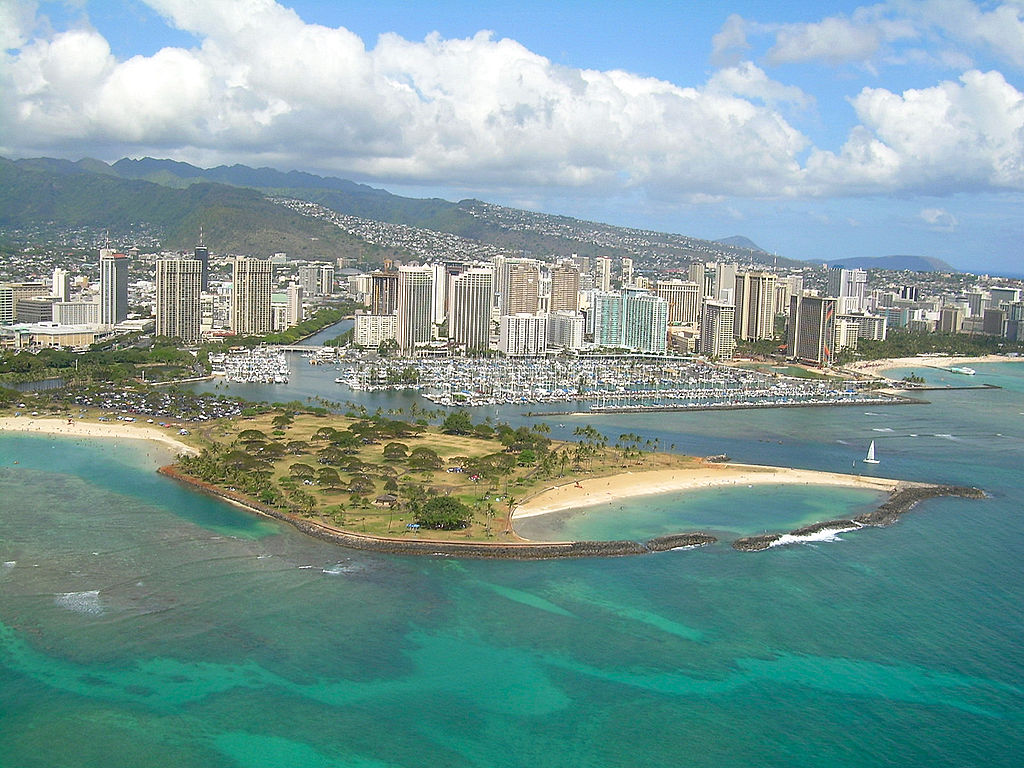

However, it should be pointed out that the office of the Hawaii Attorney General has raised the sceptre regarding whether or not this bill would be deemed to be constitutional.
Not deterred, one of the witnesses testified, “As a kanaka maoli (Native Hawaiian) I support this bill and no outside investors should be allowed to buy here. This includes military. You must be a resident and establish residency to buy here.”
“The bill may unconstitutionally intrude on the federal government’s exclusive control over foreign relations and by prohibiting foreign domicile areas from owning real property in Hawaii.”
Office Of Hawaii Attorney General
The Hawaii State Association of Realtors also voiced opposition to the bill. They added that there are a significant number of foreign real estate transactions in Honolulu.
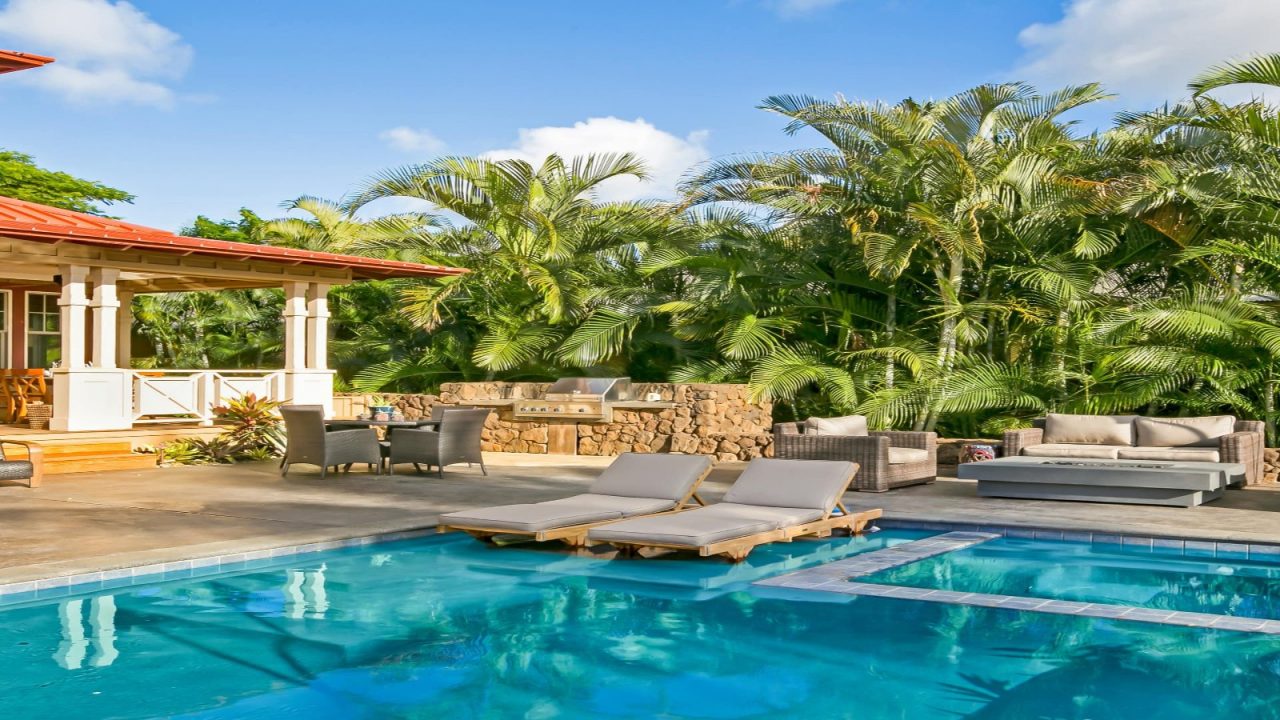

The bill’s author, Senator Brenton Awa, wants to work with the Attorney General to find a way to make the bill work. He added, “Can this be done? Yes. Why hasn’t it been done already?”
Some have suggested that it would take federal legislation to be able to move forward with such a bill, which at a state law, it would not be allowed.
In a broader context, debates regarding restrictions on foreign real estate ownership are not uncommon, often arising due to concerns about the impact of foreign investment on local housing, property prices, and community dynamics. Proponents argue that foreign ownership drives up property prices, making housing less affordable for local residents. There is also concern about the potential for foreign investors to distort the local real estate market.
On the other hand, opposition to such restrictions centers on legal and constitutional grounds, as is the case with SB2617. In addition, opponents point to the potential negative impact on economic growth.
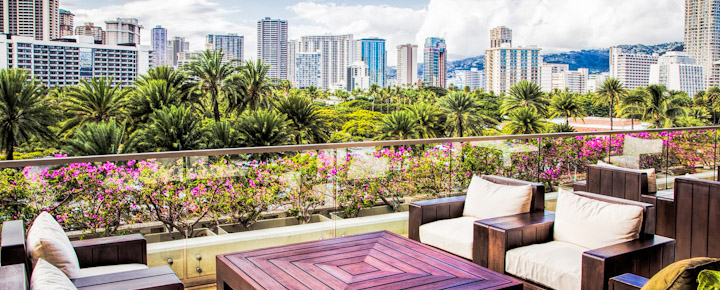

Finding a balance between protecting Hawaii’s interests and legal, economic, and social factors is challenging. Ultimately, the outcome can have significant implications for Hawaii property markets and an already dismal housing affordability situation.
Yesterday, the bill was deferred until February 13. We definitely will be hearing more about this.
We welcome your input here.
SB2617_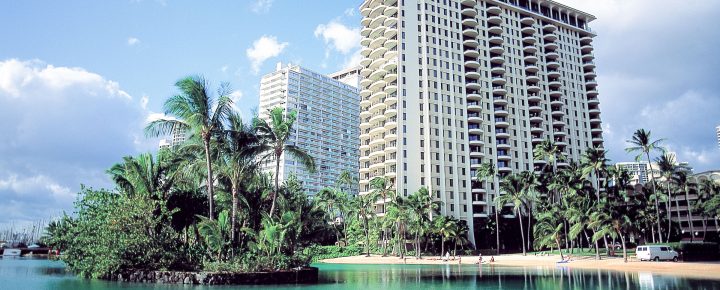
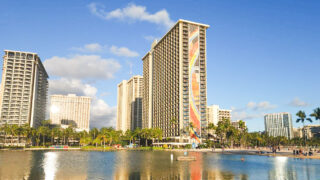

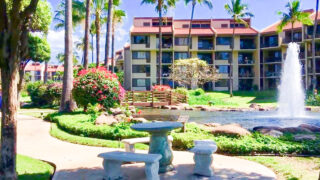

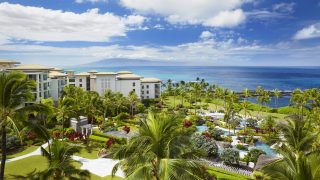

Your one-size-fits-all analysis of timeshare ownership is too narrow.
I owned a 2 bedroom timeshare in Waikiki for about 20 years. My reason for going the timeshare route was my way of forcing me to take a vacation every year. Before that, I rarely took more than a 3-day weekend.
I bought mine from a reseller for about $5,000, plus the ever-increasing annual maintenance fees. Even with those increasing fees, it was definitely less expensive than comparable hotel rooms in Waikiki. I only missed one year. Two years ago I sold it to a niece for $2. Yes, $2, kept it in the family and I hope my niece will do the same when she reaches our age.
So, for folks looking to beat the hotel costs, timeshares can be a way to go.
Time shares are a nice way for those wanting to return to the same place again and again in a somewhat affordable way are great. For those that Love visiting Hawaii this is a more affordable yet committed way of doing so (vs. Hotels and Air Bnbs). The key is that you are financially committed. Timeshares are not necessarily investments with good financial returns, but can present cost savings for swmi-malahinis wanting to come to a beautiful place, Hawaii their regular short term vacation home away from home.
What a great story .. that’s exactly what others should do